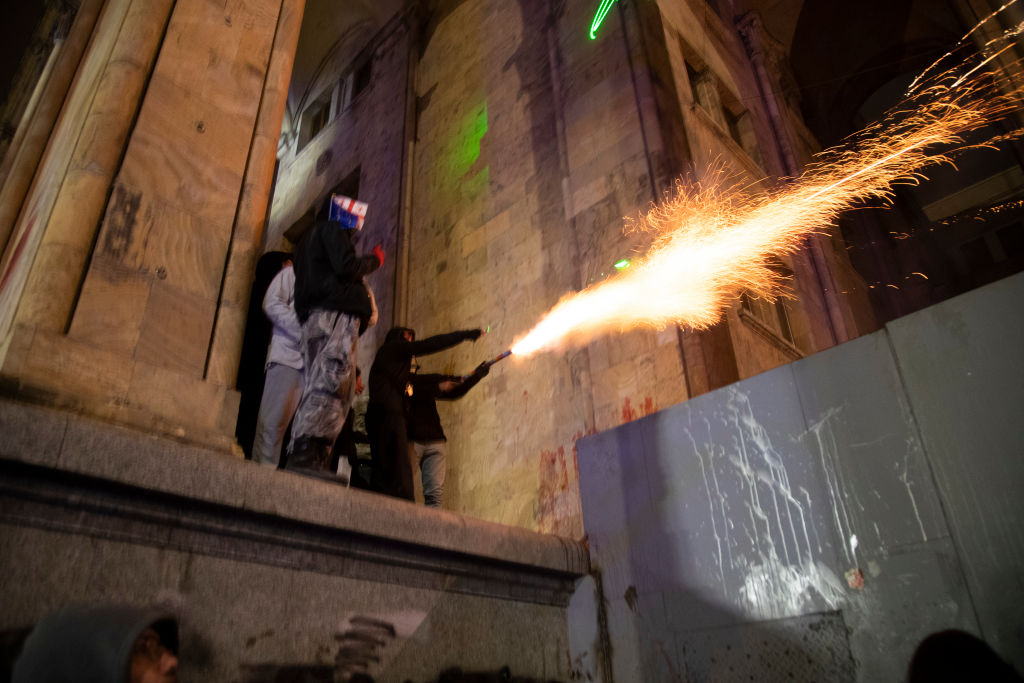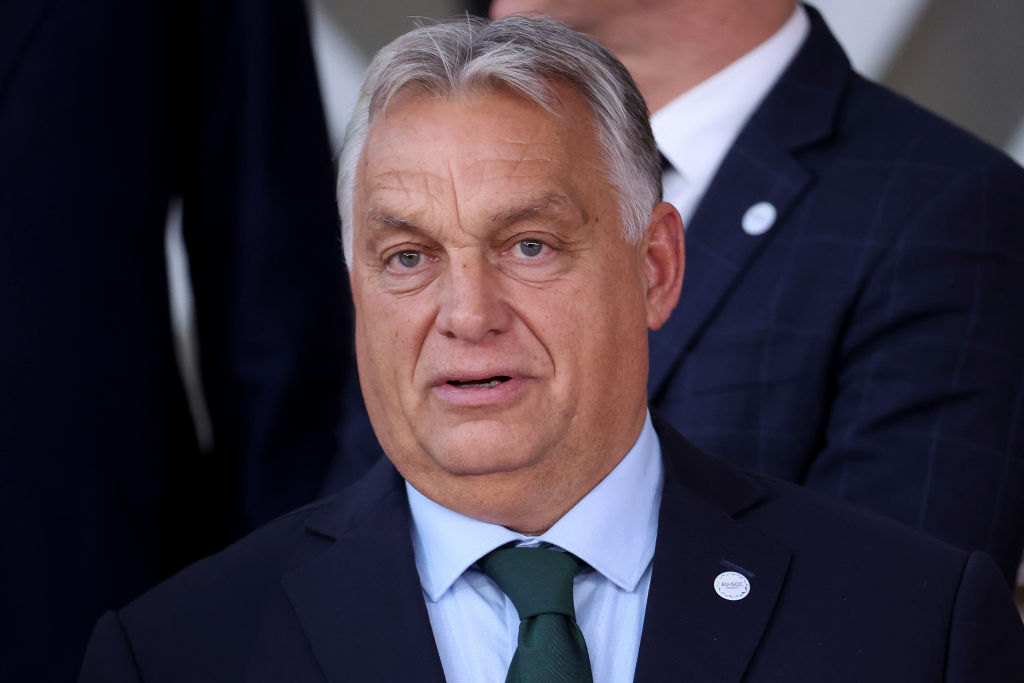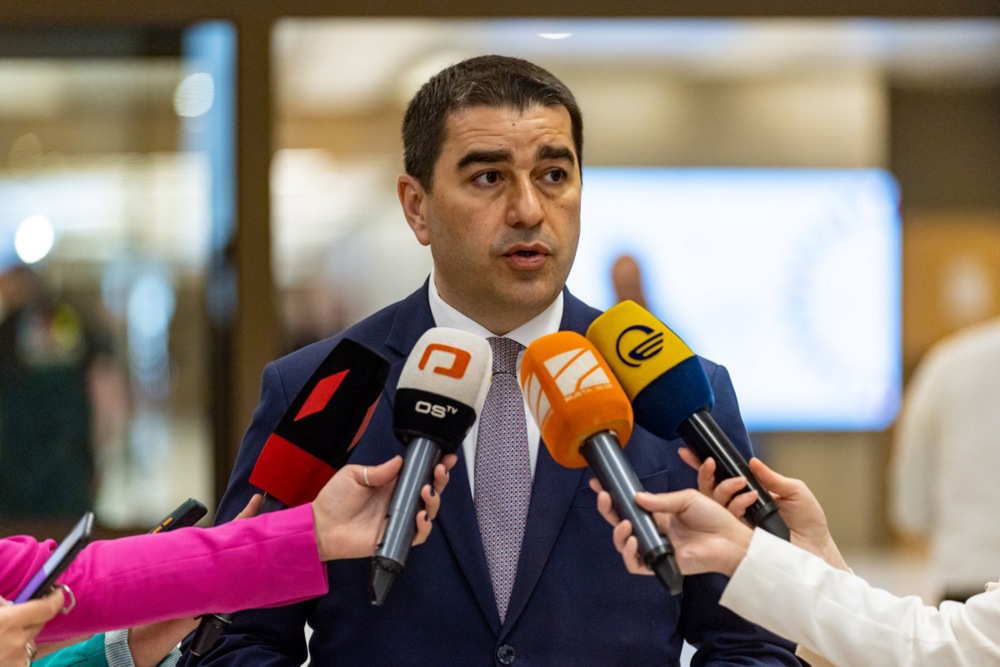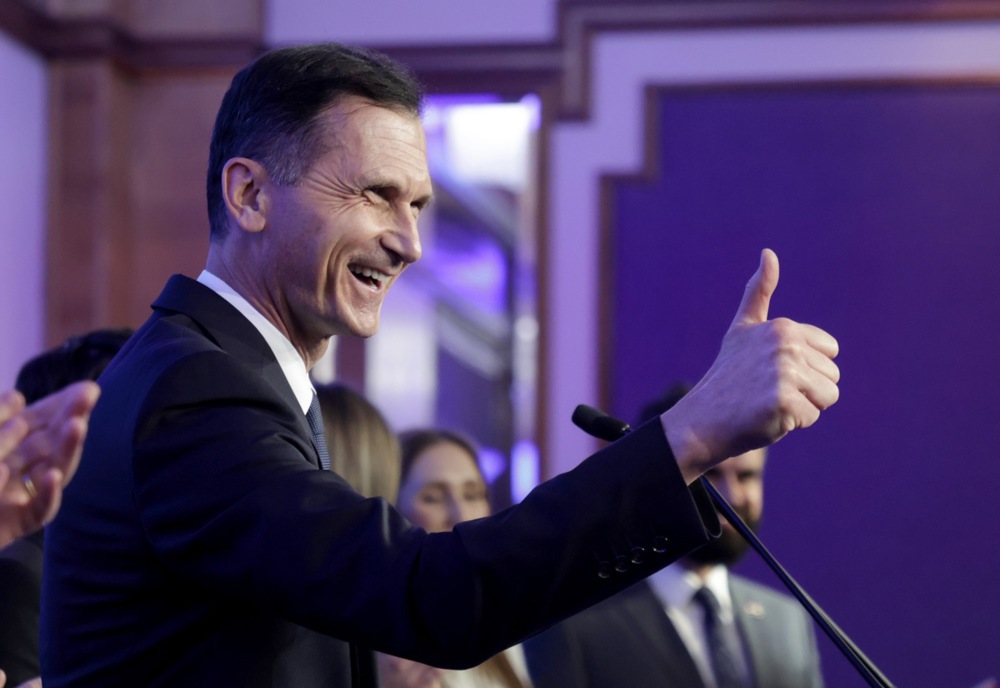More than 400 protesters have been arrested in Georgia during a wave of demonstrations against Mikheil Kavelashvili’s inauguration as President.
Kavelashvili, a critic of the West, assumed office on December 29 amid widespread opposition and allegations of election fraud. He is an ally of Georgia’s former prime minister and billionaire founder of the ruling Georgian Dream party, Bidzina Ivanishvili.
The protests erupted after Georgian Dream suspended European Union accession talks until 2028. That sparked widespread public anger and accusations by the opposition that the government was aligning the country with Russia.
Demonstrations have taken place, with protesters waving EU flags and demanding the government’s dissolution. Security forces have responded, detaining hundreds of demonstrators, including opposition leaders.
Local media reported clashes outside parliament, where protesters held up red cards mocking Kavelashvili’s past as a football player.

The crisis has drawn international attention, with growing concerns over the mass arrests.
The EU issued a statement urging the Georgian government to uphold human rights and fundamental freedoms, including the right to peaceful assembly. The US condemned the arrests, warning that such actions could negatively impact Georgia’s bilateral relations with Washington.
In a defiant speech, defeated president Salome Zourabichvili addressed her supporters gathered outside the presidential palace. “I will come out of here and be with you,” she declared, accusing Kavelashvili of lacking legitimacy.
Zourabichvili left the palace in a symbolic gesture, carrying the Georgian flag as an emblem of her claim to be the country’s rightful leader.
The opposition has argued that Kavelashvili’s election was not legitimate, claiming the October parliamentary ballot, in which Georgian Dream secured almost 54 per cent of the vote, was marred by irregularities.
Some international and local observers have supported these allegations, noting that the violations may have affected the outcome.
The EU has also pressed for sanctions against Georgia if it does not continue to push for joining the union.
With Kavelashvili’s inauguration, critics have warned that Ivanishvili, widely seen as the country’s de facto leader, now controlled all key Georgian institutions. The opposition, backed by pro-EU parties, has vowed to continue protests until new elections are called.
The European Union is preparing to respond amid escalating clashes between protesters and police in Georgia. https://t.co/oxsxKG5kQv
— Brussels Signal (@brusselssignal) December 10, 2024





